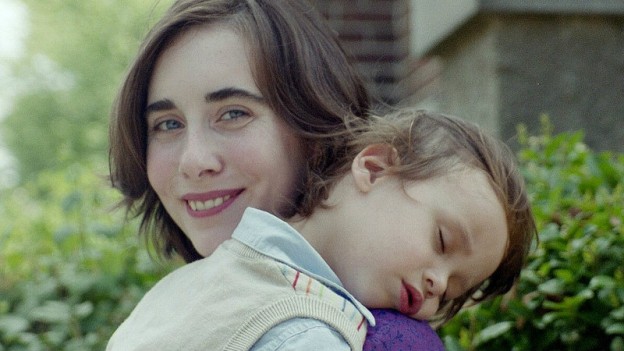
Tough Love: 10 Reasons Why Special Needs Moms Should get A Special Thank You on Mother's Day
A mother of a person with a disability prioritizes love. Messy love. Around-the-clock, non-stop love. Tough love. Turbo-charged love. Drop-everything-and-go love. Personally, I don’t think I really understood or experienced unconditional love until I became my son’s primary caregiver and advocate.
But there’s a big risk to that kind of love. There’s short-term stress from dealing with everyday behaviors and there’s long-term stress from quality of life issues, school planning and transitional planning. All that stress has an effect on a person’s body and mind. Caregiving doesn’t take a holiday.
This Mother’s Day, consider these ten facts about mothers of individuals with disabilities, taken from the pages of peer-reviewed medical and scientific journals.
1. Education
Mothers of individuals with developmental disabilities are disproportionately more likely to put their own education on hold to become a full-time caregiver, compared to mothers of children without disabilities.
2. Employment
Mothers of children with disabilities are less likely to have paid employment because of the demands of caregiving than mothers of children without disabilities.
3. Financial Stress
Because of their lower income, mothers of children with disabilities are more likely to report financial stress than mothers of children without disabilities. Almost 30 percent of families raising a child with a disability live in poverty.
4. Health
The American Academy of Pediatrics found that “Caregiving demands contributed directly to both the psychological and the physical health of the caregivers. The practical day-to-day needs of the child created challenges for parents. The influence of social support provided by extended family, friends, and neighbors on health outcomes was secondary to that of the immediate family working closely together. Family function affected health directly and also mediated the effects of self-perception, social support, and stress management.”
5. Depression
Mothers of children with intellectual disability or autism are more likely to experience moderate to severe depression than mothers of children without disabilities. Environmental stressors are thought to trigger the onset of depression.
6. More Stress & Less Support (Tube Feeding)
According to the Journal of the American Dietetic Association, ”Mothers of children requiring tube feeding experienced significantly greater stress than mothers of children with disabilities who do not require tube feedings. Mothers of children requiring tube feeding also receive less support from family and friends.”
7. Sickness
Caregivers spend more days sick with an infectious disease and have a weaker immune response.
8. Chronic Health Problems
Caregivers are more likely to develop a chronic health problem such as diabetes, heart disease, arthritis or cancer.
9. Anxiety & Abuse
Depressed caregivers are more likely to have anxiety disorders and/or substance abuse. Depression also increases the risk of suicide.
10. Longevity
Family caregivers are at risk for increased and/or premature mortality.
I write this as a mother who left her teaching career and unfinished doctoral dissertation to care full-time for a child with a developmental disability. I am also a mother who has survived cancer and has sought treatment for frequent infections, most recently pneumonia. I know what I’m risking on a daily basis and I have no regrets. And I’m going to enjoy Mother’s Day.



